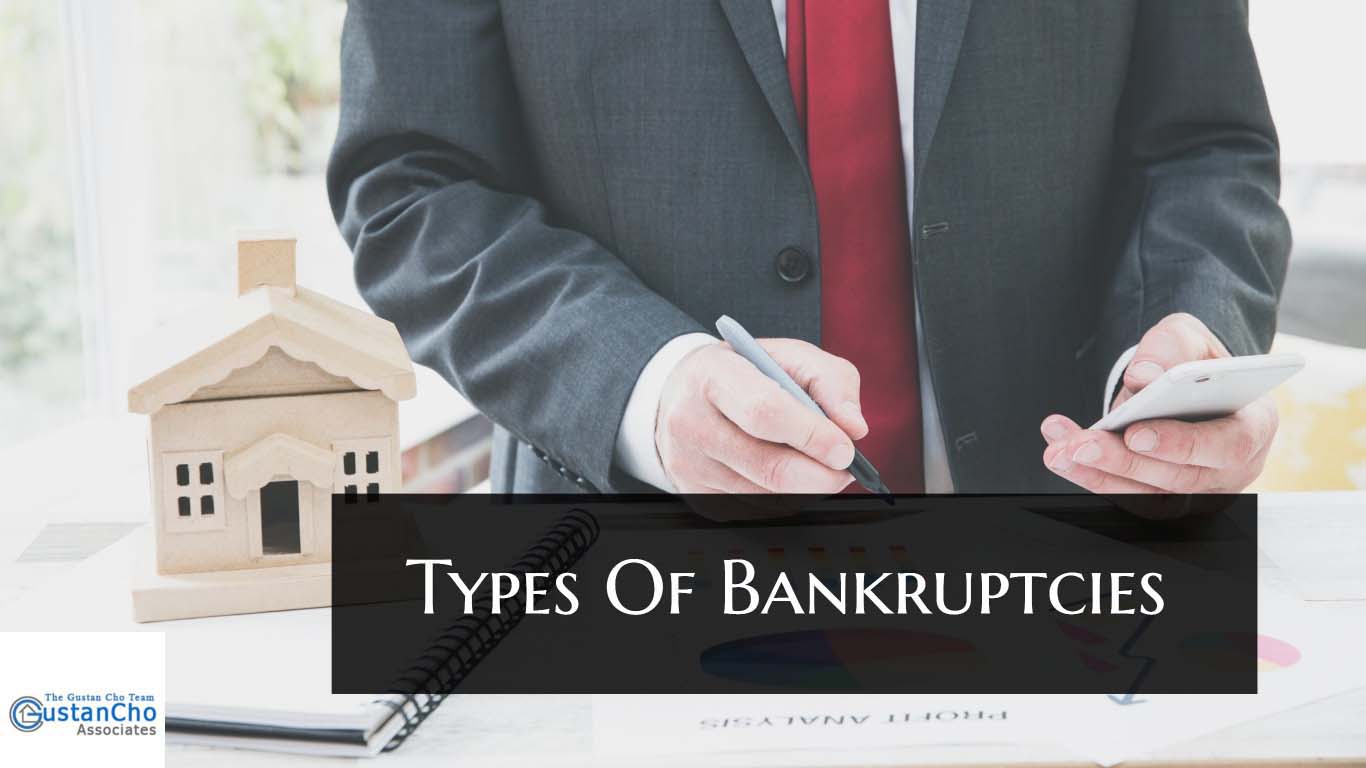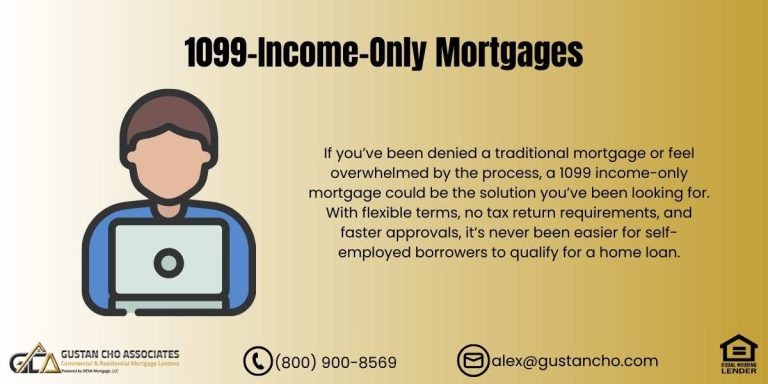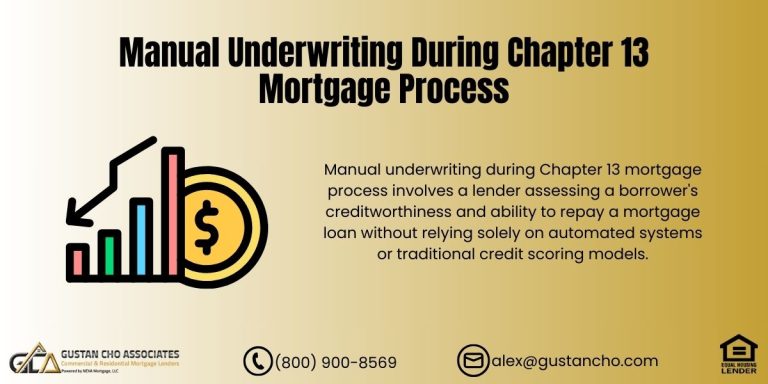This article will cover the mortgage guidelines for the types of bankruptcies—James Miller of Miller explains how you can qualify for a mortgage after bankruptcy. Jamie Miller also explains how bankruptcy can restart your financial life and how you can get your credit score to 720 in less than one year after bankruptcy discharge. Attorney Jamie Miller explains how filing bankruptcy can help consumers get a fresh start in their financial life and how quickly you can become debt free and rebuild credit.
Bankruptcy is a federal law created to protect consumers against creditors and either wipe out outstanding debts or have the court plan a restructured repayment plan. Consumers have nothing to be ashamed of for filing bankruptcy. Many consumers can get credit cards and car loans and buy a house after filing for bankruptcy.
Miller and Miller Bankruptcy Law Firm in Milwaukee, Wisconsin, is Wisconsin’s largest bankruptcy law firm. The five-star bankruptcy law firm headed by attorney Jamie Miller has offices in Kenosha, Milwaukee, Madison, and Green Bay, Wisconsin. The team at Gustan Cho Associates endorses the attorneys and staff of Miller and Miller Law Bankruptcy Attorneys due to always going above and beyond for our clients in Wisconsin. In the following paragraphs, our team at Gustan Cho Associates interviews Jamie Miller of Miller and Miller, LLC, Wisconsin Bankruptcy Attorneys.
Attorney James L. Millers Explains About The Types of Bankruptcies
Attorney James L. Miller of Miller and Miller and Law Bankruptcy Law Firm is not just an expert bankruptcy attorney. Attorney Jamie Miller is also an experienced real estate attorney. Here is an excerpt from Milwaukee based Bankruptcy Attorney James L. Miller of Miller and Miller Bankruptcy Law Firm explains the two types of bankruptcies:
Consumers downing in debt can utilize it for a fresh financial start. Bankruptcy is a federal law created to help consumers who need help for the U.S. Bankruptcy Court to restructure their debts over a period of time.
This article will discuss and cover the mortgage guidelines on types of bankruptcies and how you can get pre-approved for a mortgage loan after bankruptcy.
Reasons For Filing Bankruptcy
There are different types of bankruptcies for consumers. Chapters 7 and 13 Bankruptcy are the two common types of bankruptcies. The types of bankruptcies have their guidelines. The types of bankruptcies consumers file depend on their income and assets. Gustan Cho NMLS 873293, also an expert in mortgage guidelines on types of bankruptcies, said the following:
I understand how it can be to have creditors harassing you for payments when you don’t even have enough money to buy food or pay rent. Shortly after graduating from law school and opening up my practice, I discovered that I enjoyed helping people we’re experiencing a difficult time financially and being harassed by creditors. I saw some of the tactics creditors used on my clients to scare them into paying something they could not afford.
Gustan Cho filed Chapter 7 Bankruptcy on November 19th, 2019, and the Chapter 7 Bankruptcy was discharged in April 2021. Before filing for bankruptcy, Gustan’s credit score was in the mid-500s. After the bankruptcy discharge in April 2021, Gustan’s credit score went to 700 FICO less than one year of the discharge date.
Getting Started In Filing Bankruptcy
Filing for bankruptcy can be a stressful time for most individuals. Although you did not ask to be put in this situation, usually, the missed payments and amount of debt have caused many sleepless nights and stressful days.
Most individuals are afraid to answer the telephone due to the constant harassing calls from creditors or open the mail in fear of receiving shut-off notices from utility companies. And, even after someone decides to discuss bankruptcy options with an attorney, the stress may remain.
People worry about whether they will lose all of their personal property, their homes, their automobiles, their retirement accounts, or simply whether they are ruining their credit for life. However, do not feel alone.
How The Various Types of Bankruptcies Affect Consumers
These are common feelings for people when debt has taken control of their lives and left them with no option other than to seek help through bankruptcy. As an attorney helping people file for bankruptcy since 1987, Jamie Miller said the following:
I hope I can set your mind at ease and assure you that you can eliminate your debt and keep your possessions with proper planning. Though every case is different, there are different types of bankruptcy filings to achieve different results. Furthermore, many different events or actions can occur within the bankruptcy.
This BLOG is a quick guide explaining what such events or actions mean and how they affect you.
Types Of Bankruptcies And Chapter 7 Bankruptcy
First, briefly explaining the two common types of bankruptcy is important. Usually, the simple type of bankruptcy is Chapter 7. Under Chapter 7 Bankruptcy, an individual can discharge credit card debt, most judgments, medical bills, back rent, mortgage debt, payday loans, car loans, and other types of debt. Whether someone qualifies for Chapter 7 Bankruptcy first depends on whether you have filed for and received a discharge under Chapter 7 Bankruptcy within the previous eight years. Attorney Jamie L. Miller of Miller and Miller, LLC explains the Bankruptcy Means Test:
Next, you must complete a Means Test to compare your income to the mean income of others in your geographical area. Although your gross income may exceed the mean income, you can deduct income taxes, car loans, car repairs and upkeep, mortgage payments, insurance, child support, and other living expenses which the Internal Revenue Service has established.
I filed a Chapter 7 Bankruptcy for an individual that made approximately $200,000 per year and obtained a discharge for him. This is probably not the norm. But the point is that you must examine every individual’s financial obligations closely and take advantage of any deductions you can legally make.
Chapter 7 Bankruptcy Means Test
Once you meet the means test requirement, you must examine the amount of non-exempt assets you own. Most states provide exemptions for assets that creditors cannot touch. For example, in Illinois, a judgment creditor, such as a credit card company, cannot touch your home’s first $15,000 of equity. James Miller, the chief attorney of Miller and Miller Law Firm in Milwaukee, Wisconsin, explains what homestead exemption is as follows:
If you are married, they cannot touch the first $30,000. This is referred to as your “Homestead Exemption.” Likewise, depending on the state, there are exemptions for a certain amount of equity in your automobiles, bank accounts, furniture, etc.
If you do not possess assets that exceed such exemptions, you can likely file for Chapter 7 Bankruptcy without fear of losing your belongings.
Types Of Bankruptcies And Chapter 13 Bankruptcy Explained
Chapter 13 Bankruptcy is the next common bankruptcy that is filed. This chapter benefits someone who does not qualify under the means test and has non-exempt assets that a Chapter 7 trustee would try to sell for the benefit of creditors. Bankruptcy helps people trying to get caught up on delinquent mortgage payments. Chapter 7 Bankruptcy benefits consumers who are trying to retrieve a repossessed vehicle. It also helps people who must reinstate a suspended driver’s license and many other situations.
It is common for someone with a retirement account and who owns a home but has a mortgage, and a car or two, to file for Chapter 7, discharge their unsecured debt, and keep their retirement accounts, real estate, and automobiles. And, if you want to get rid of a car loan or mortgage you can no longer afford, Chapter 7 is an excellent tool.
Depending on an individual’s monthly income, individuals can catch up on delinquent and lower car payments while paying other unsecured debts at a reduced percentage. Chapter 13 also allows someone to get their car back after repossession or impoundment. It can also be used to reinstate a driver’s license suspended for unpaid parking tickets, red-light violations, or unpaid tolls.
Qualifying For Mortgage After Bankruptcy
There are several types of bankruptcies. Homebuyers can qualify for a mortgage after bankruptcy and during Chapter 13 Bankruptcy repayment without having it discharged. In the following sections, we will cover the mortgage guidelines after the types of bankruptcies. VA and HUD allow home buyers to qualify during the Chapter 13 Bankruptcy repayment plan after being in the plan for at least 12 months.
Non-QM Loans are portfolio mortgage loans for owner-occupant, second homes, and investment properties. There is no waiting period requirements after Chapters 7 or 13 Bankruptcies. to qualify for Non-QM Loans. There are minimum down payment requirements of at least 20% down payment to qualify for non-QM loans.
There is no waiting period to qualify for FHA and VA loans after the Chapter 13 Bankruptcy discharge date. There is a two-year waiting period to qualify for a conventional loan after the Chapter 13 Bankruptcy discharge date. There is a four-year period after Chapter 13 dismissal to qualify for conventional loans. FHA and VA Loans have a two-year wait period after Chapter 7 Bankruptcy discharge. There is a three-year wait period for USDA Loans after Chapter 7 discharge. There is a four-year period after the discharge of Chapter 7 to qualify for conventional loans.
Getting Fresh Financial Start After Bankruptcy
Wisconsin prominent bankruptcy Attorney James L. Miller founded Miller and Miller Law, LLC, a prominent law firm in Wisconsin specializing in Bankruptcy Law and Real Estate Law. James Miller is an expert on all types of bankruptcies. Gustan Cho Associates of Gustan Cho Associates dba of NEXA Mortgage, LLC said the following about James Miller and Miller and Miller Law, LLC:
Attorney Jamie L. Miller of Miller and Miller Law Firm is an expert on all types of bankruptcies in Wisconsin. Mr. Miller is also an instructor, andn associate contributing editor and advisor to Gustan Cho Associates Mortgage Resource Center James Miller has helped countless folks who were drowning in debt get a fresh financial start in life.
Attorney Jamie Miller is one of the most respected and experienced bankruptcy attorneys in the Milwaukee Area. He is not just an expert in all aspects of bankruptcies but is an expert real estate attorney and expert in all areas of mortgage lending. Jamie Miller is knowledgeable in all areas of bankruptcy and strives to be the best of the best in every area of consumer protection where he can help his clients. Visit the Law Offices of Miller and Miller Law in Milwaukee, Wisconsin.
This BLOG on Types of Bankruptcies Was UPDATED On April 21s, 2023.









Chapter 7 bankruptcy is possibly the most common form of bankruptcy and offers a “fresh start” to clients by eliminating debt, while chapter 13 will re-structure your debt. Learn more about the benefits of bankruptcy and how you can start having a new financial fresh start.